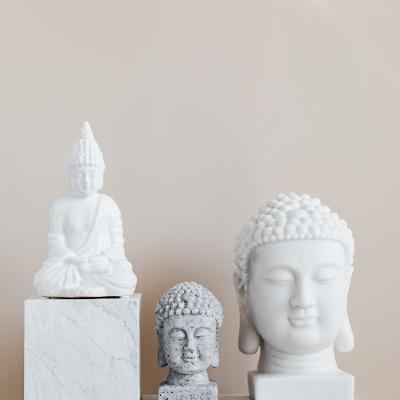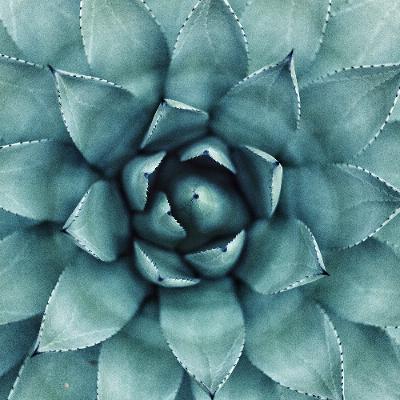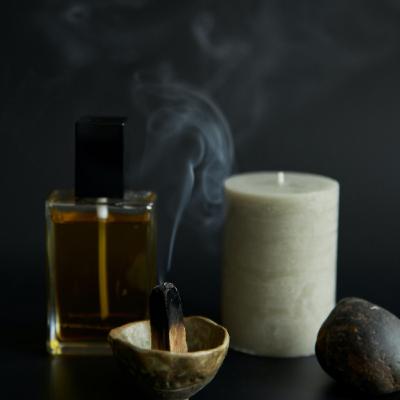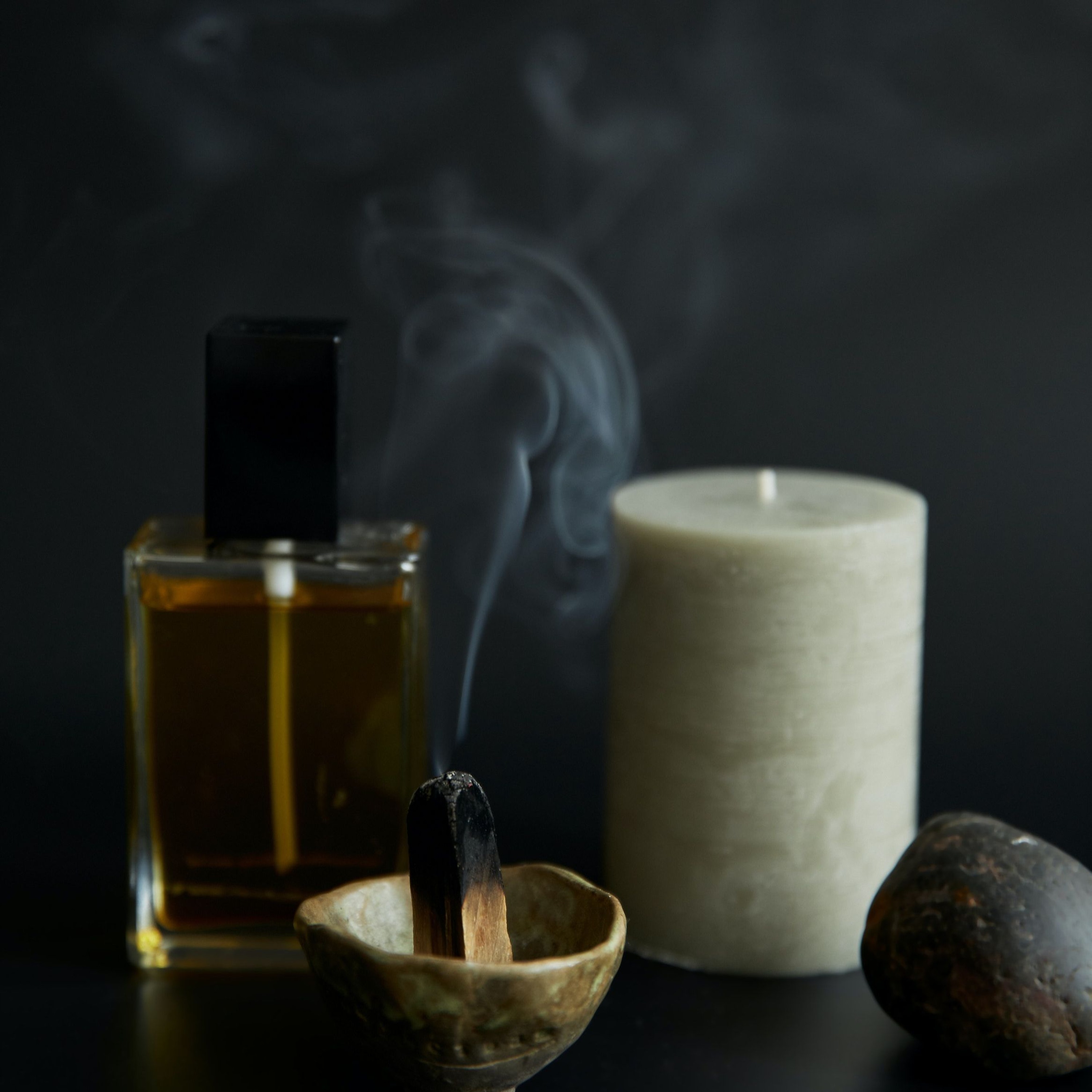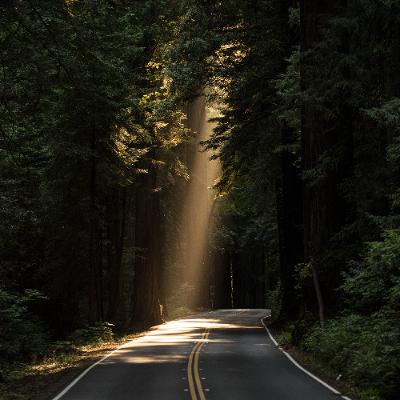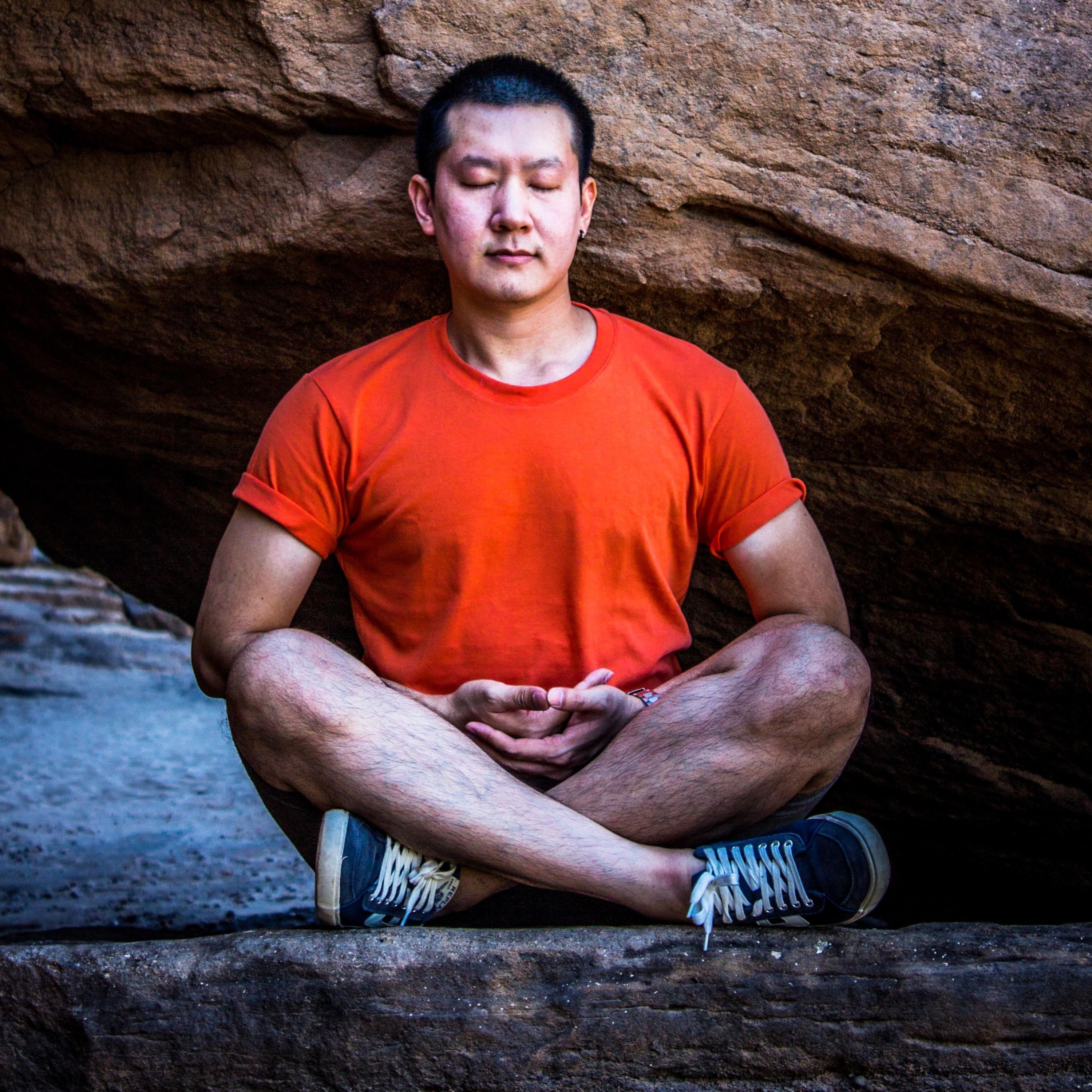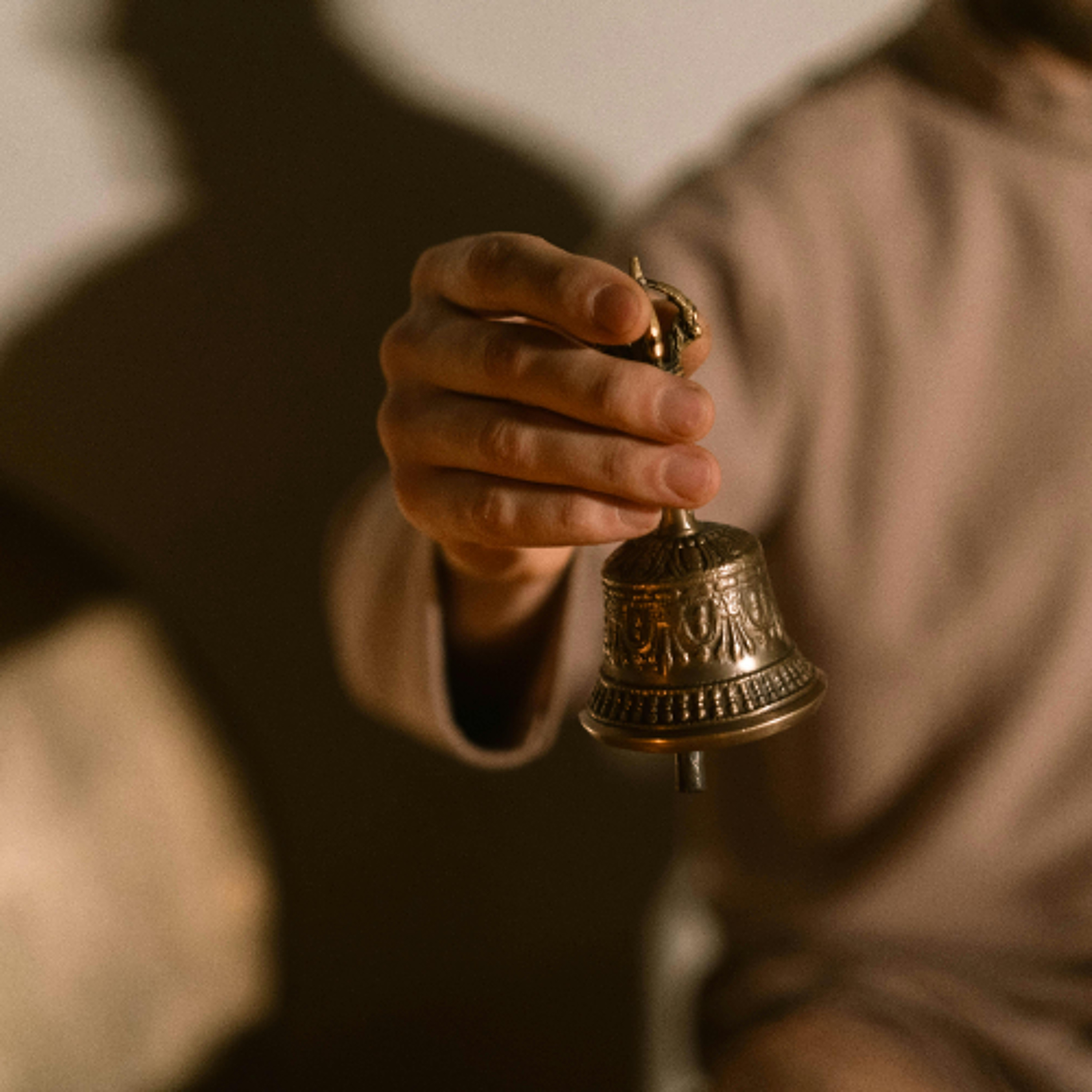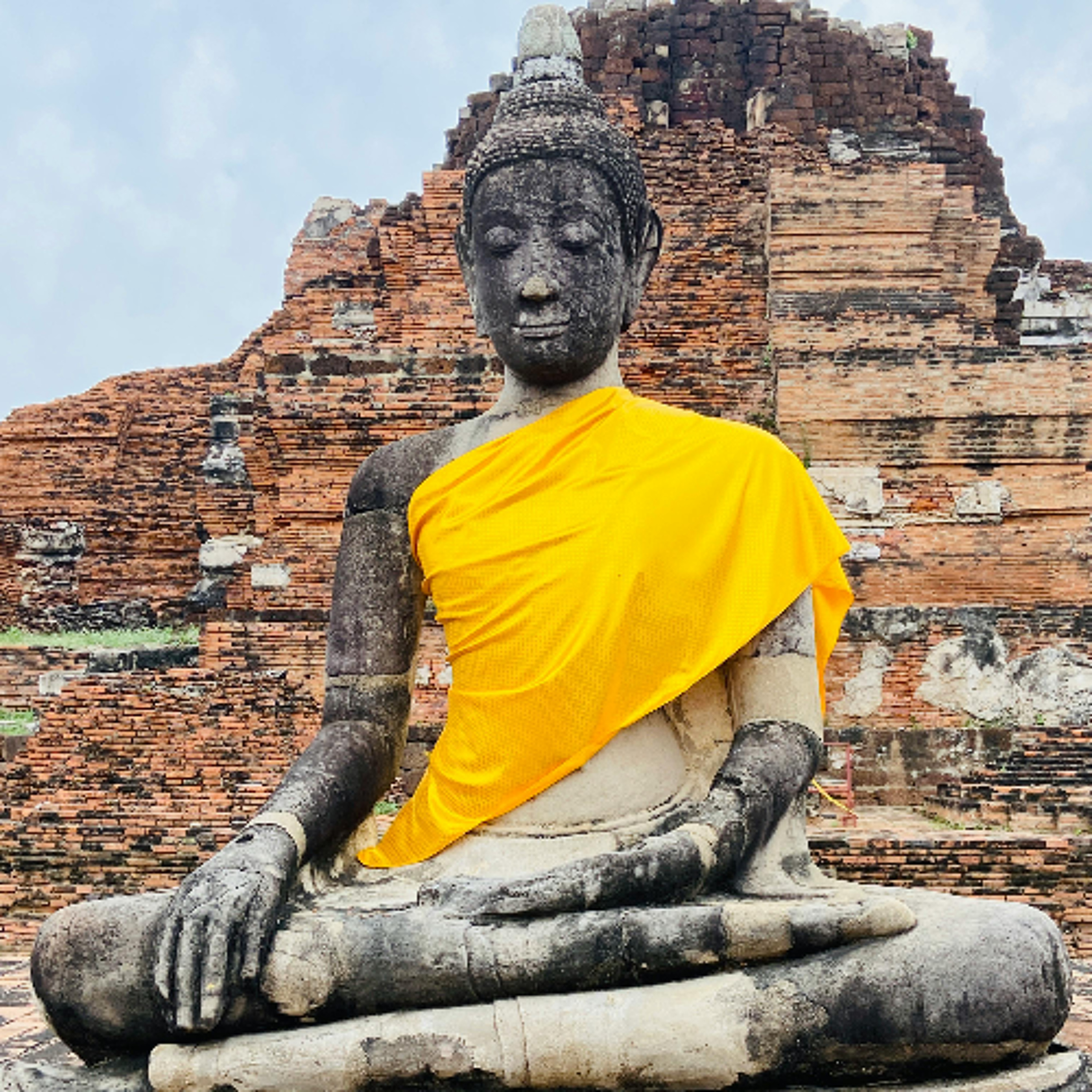Discover Andrew Tootell's OzZen Podcast
Andrew Tootell's OzZen Podcast

314 Episodes
Reverse
In this guided meditation Sono recites Torei Zenji’s Bodhisattvas’ Vow to open the heart to practice loving kindness towards those who have hurt us or done us harm.
Make room for space.
Todays guided meditation is about making space in our life for life.
We all know what a cluttered house feels like. Stressful, busy. noisy. Everything seems to be calling for our attention.
Have you too much stuff in your inner world?
Is your life too busy?
It’s not about what you feel cluttered by, it’s about what you value deeply and what serves a useful purpose.
What brings you joy?
In this guided meditation by OzZEN Facilitator Phil Genkai, we are introduced to the metaphor of “cooking” to describe the process of just sitting in zazen. The meditation is based upon the text by Master Dogen, translated as How to Cook your Life, with a commentary by Kosho Uchiyama. Genkai invites us into this process of cooking our lives with minimal instructions, leaving plenty of silence to cook and transform the ingredients we bring to our sitting practice.
The Place of Sangha in Post-Monastic Zen Practice by Andrew Tootell
In this dharma talk Kodo gives a very accessible summary of Zen Master Dogen’s "Bendowa" ("On the Endeavor of the Way"). The Bendowa is a seminal essay that articulates the heart of Soto Zen practice as brought from China to Japan in the early 13th century. In this work, Dogen emphasizes the supreme importance of zazen, or seated meditation, asserting it as the very embodiment of enlightenment rather than a means to an end. Through a question-and-answer format, Dogen addresses doubts and misconceptions about the practice, clarifying that all beings inherently possess Buddha-nature and that enlightenment is not something to be attained in the future, but realized here and now through wholehearted practice. He challenges the view that meditation is only for the elite or monks, insisting that the genuine endeavor of the Way is accessible to everyone, regardless of status or learning. Dogen also discusses the direct transmission of the Dharma from Shakyamuni Buddha through the generations, affirming that authentic practice and realization are inseparable. Ultimately, "Bendowa" urges the practitioner to let go of dualistic thinking and to trust in the subtle, transformative power of simply sitting, as this is the gateway to true understanding and liberation.
In this talk I discuss the principle of the middle way. In particular, the middle way between self and no-self and the middle way through the absolute and the relative. After establishing that our self, just as it is, is already Buddha nature, I discuss how difficult it can be to recognise this. The talk reflects on the preciousness of our impermanent and interdependent, self which arises in relation to other selves. It focuses on the importance of cultivating a healthy self and healthy relationships, on the basis of safety, trust, recognition, reliability and the willingness to mend that which can be mended.
See part one here: https://soundcloud.com/ordinary-mind-zen/our-core-practices-part-one-by-sono
In this guided meditation Shinsho takes us through the various steps of labelling thoughts and emotions and mental states with kindness, patience and curiosity leading to an great sense of freedom from reactive states of mind.
In this talk I will show how our practice principles can be translated into our core practices that I have inherited from Joko Beck, and in particular, from my teacher Barry Magid. The core practices to be covered in this talk are:
1. Just-Sitting.
2. Becoming aware of our curative fantasies and core beliefs and at the same time, cultivating an increasing capacity for self-acceptance.
In this Guided Meditation I invite you to contemplate the following five remembrances:
I am of the nature to grow old. There is no way to escape growing old.
I am of the nature to have ill health. There is no way to escape ill health.
I am of the nature to die. There is no way to escape death.
All that is dear to me and everyone I love are of the nature to change There is no way to escape being separated from them.
My actions are my only true belongings. I cannot escape the consequences of my actions. My actions are the ground upon which I stand.
Denial is the biggest threat to our survival. We need to acknowledge and build our resources of love, gratitude and connection so we can recognise and accept our emotions and move into action. Survival is dependent not on competition but on nurturing and cooperating. Peace and Joy are still possible in a chaotic world, when we live in awareness.
This meditation is about allowing whatever arises in awareness. Through this practice you are encouraged to observe your breathing, thinking, feeling, and sensations with non-judgmental, non-reactive and curious awareness. That is, not pushing away, or not clinging to specific experiences, you are encouraged to observe "whatever is known", as it arises and passes into your direct experience of the present moment. Being open and allowing whatever is here, you are reminded that you are already exactly where you need to be.
This talk is an example of the ongoing project, initiated by my teacher, Barry Magid, of integrating a Relational Self Psychology approach into Zen practice – in this case – integrating Heinz Kohut’s concept of the “selfobject experience” with Buddhism’s Three Refuges. I will first make a crucial distinction between “dialogue-narrative” and “experience” before introducing what Kohut meant by “selfobject experiences”. The concept of a selfobject was a familiar kind of language in the psychoanalytic world of Kohut’s time, but I have decided to rename selfobject experiences as self-affirming experiences – I think this makes it more user friendly for non-psychoanalysts. The purpose of the talk is to show how we can give an interpretation of taking refuge in Buddha, Dharma and Sangha from a Relational Self Psychology perspective – therefore continuing to highlight how our approach in Ordinary Mind Zen is a psychologically-minded approach.
In this student talk Ryan Eno gives a spiritual autobiography of his journey towards finding his spiritual home in Zen Buddhism. He begins with his parents and then explores his young adulthood and his marriage to Bec, the love of his life. This includes both reflections on his experience of being both a practicing Catholic as a child and as a young man, Evangelical Christianity, before finding his home in Zen Buddhism. Ryan also talks about finding his vocation as a music teacher and finally as a school counsellor and psychotherapist in private practice.
In this final talk on the theme of spiritual autobiography, Sono discusses the theme of home and homelessness by sharing some more stories from his own life and also discusses the memoir The Salt Path (2018) written by Raynor Winn and released as a movie in May, 2025.
In this dharma talk Sono focuses on Lou Norstrom’s Memoirs of an American Zen Pioneer published in 2023. This memoir is a courageous exploration of how zen practice can at times collude with forms of “self-alienation” and “self-abandonment” caused by early attachment trauma.
In this dharma talk Sono introduces the important place of spiritual autobiographies in Zen Practice, inspired by Lou Norstrom’s Memoirs of an American Zen Pioneer published in 2023. Since Saint Augustine (354-430) famous Confessions, spiritual autobiographies often have a “confessional” theme. This is also the case in the spiritual autobiography Wild Ivory, written by the Zen Rinzai Master, Hakuin (1685-1768). In today’s language we would talk about self-disclosure and how self-disclosure can have therapeutic benefits.Sono begins to tell the story of his “Shakyamuni” moment – based upon two traumatic events which occurred in bis life when he was 19 years old.
This is a dharma talk on. It's one of the eight noble truths, usually translated as concentration. I will to talk about the different approaches/interpretations of Samadhi you'll find in Rinzai practice and Soto practice. I will then discuss how we might talk about Samadhi from an Ordinary Mind Zen point of view, based on the teachings of Joko Beck and Barry Magid. We emphasise no-gain and you can’t get it right or wrong right. Just sitting expresses the unity of practice/enlightenment – let go of all gaining ideas – just sit – this is it.
When an unusual gift is bestowed on a dying monastery, it begins to flourish and thrive. Perhaps this gift which we can also give each other, will make us thrive and flourish too.
In this talk Larry Kodo gives his first of a series of three talks on the founder of Japanese Soto Zen Eihei Dogen (1200-1253). In this talk, Kodo presents his life story in the wider context of 13th century Japan and China, the motivations for his life decisions and a simple look at some of his core teachings and why he is still relevant to our practice today.
Why do we need refuge? In Zen Buddhism the Three Refuges are like a life-raft on the sea of life. We face many storms of different conditions and circumstances. We face natural disasters, floods and fires; the storms of relationships, loss and disappointment; we face wars and financial anxiety. We can summarise these as:
Fear
Uncertainty
Vulnerability
Greed, hatred and ignorance
People may take refuge in gods or an intervention God. They make seek refuge in authoritarian leaders. The Buddha taught us to find refuge within this world, within ourselves and our relationships.





